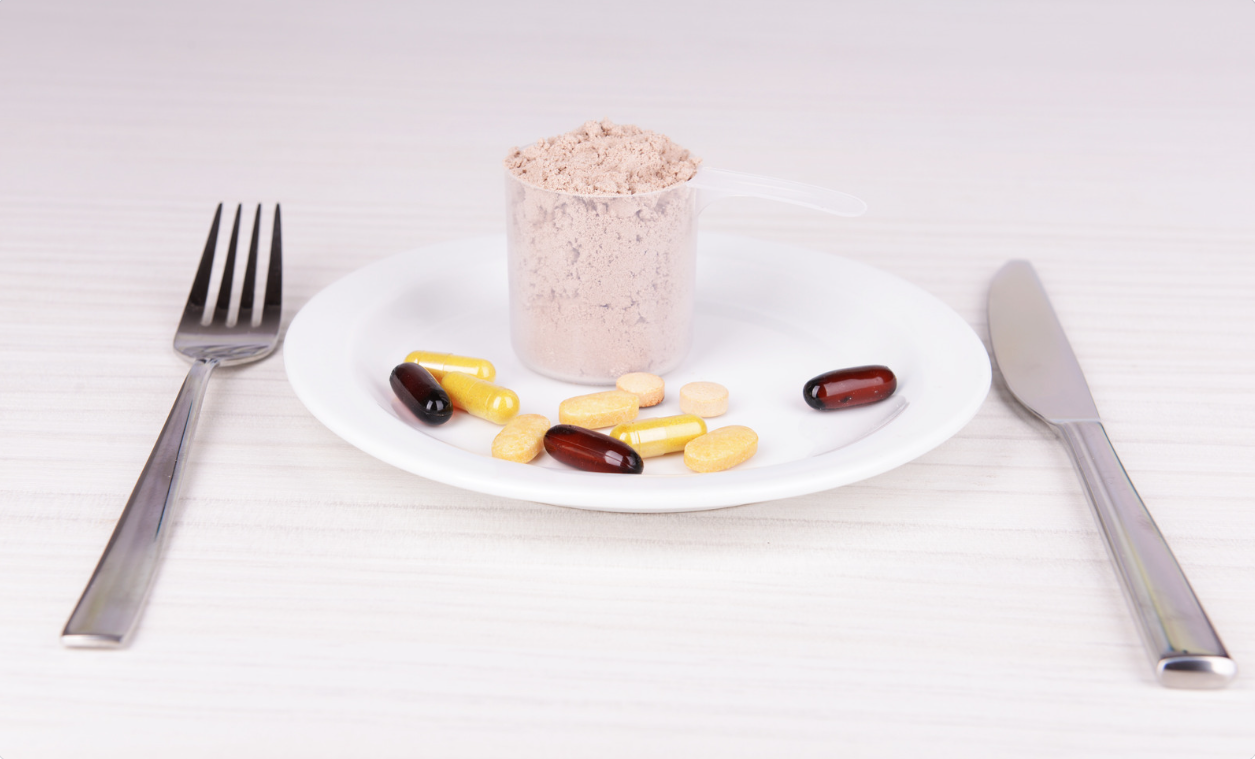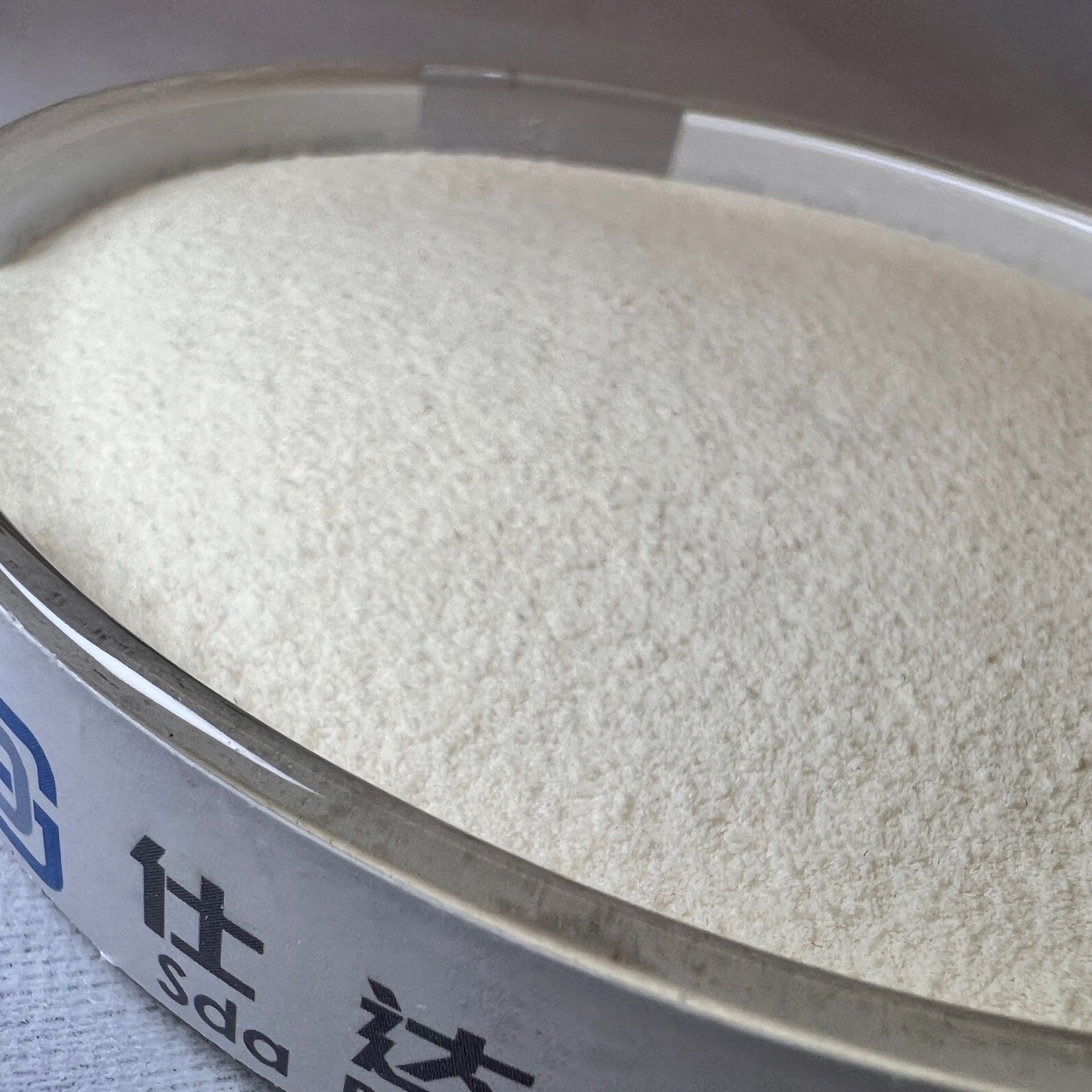目录
胶原蛋白对饱腹感的好处
近年来,胶原蛋白因其众多的健康益处而广受欢迎,包括改善皮肤健康、关节支持和肌肉恢复。但胶原蛋白的一个鲜为人知的好处是它能够让您保持饱腹感和满足感,使其成为体重管理和整体健康的宝贵工具。
当谈到饱腹感时,蛋白质是王道。蛋白质被认为是最有饱腹感的常量营养素,因为它需要更长的时间来消化,并有助于稳定血糖水平,防止可能导致食欲和暴饮暴食的峰值和崩溃。尤其是胶原蛋白,由于其甘氨酸含量高,已被证明具有独特的饱腹感。甘氨酸是一种氨基酸,在调节食欲和促进饱腹感方面发挥着关键作用。

| 灰分,(%) | 克/100克 | ≤7.0 | 4.12 | Qualified | ||
| Moisture,(%) | g/100g | ≤7.0 | 6.34 | Qualified | ||
| Transparency | 450nm | ≥70 | 83 | Qualified | ||
| 620nm | ≥85 | 92 | Qualified | |||
| Item | Unit | Standard requirements | Results | Evaluation | ||
| Lead(in Pb) | mg/kg | ≤1.0 | 0 | Qualified | ||
| Arsenic(in As) | mg/kg | ≤1.0 | 0.085 | Qualified | ||
| Chromium(in Cr) | mg/kg | ≤2.0 | 0.91 | Qualified | ||
| Mercury(in Hg) | mg/kg | ≤0.1 | 0 | Qualified | ||
| Total Bacterial Count | cfu/g | n=5,c=2,m=104,M=105 | 580,520,550,520,540 | Qualified | ||
| Coliform Group | cfu/g | n=5,c=2,m=10,M=102 | <10,<10,<10,<10,<10 | Qualified | ||
| Source | Safe and non epidemic areas | |||||
| Inspection conclusion | Qualified | |||||
Studies have shown that consuming Collagen Protein can help reduce hunger and increase feelings of fullness, leading to decreased calorie intake and potential weight loss. In one study, participants who consumed collagen peptides before a meal reported feeling more satisfied and consumed fewer calories compared to those who did not consume collagen. This suggests that collagen protein may be a valuable tool for those looking to manage their weight or improve their overall eating habits.
In addition to its satiating effects, collagen protein also offers other benefits that can support weight management. Collagen is a high-quality protein source that is low in calories and fat, making it a great option for those looking to increase their protein intake without adding extra calories. Protein is also essential for maintaining muscle mass, which is important for overall health and metabolism. By incorporating collagen protein into your diet, you can support muscle growth and maintenance while also promoting feelings of fullness and satisfaction.
Another benefit of collagen protein for satiety is its versatility and ease of use. Collagen peptides are tasteless and odorless, making them easy to incorporate into a variety of recipes and Beverages. You can add collagen powder to your morning smoothie, mix it into your Coffee or Tea, or even bake it into your favorite recipes for an extra protein boost. This makes collagen protein a convenient and practical option for those looking to increase their protein intake and support their weight management goals.
In conclusion, collagen protein can be a valuable tool for promoting satiety and supporting weight management. Its high glycine content and unique Amino Acid profile make it a filling and satisfying protein source that can help reduce hunger, increase feelings of fullness, and support overall health. By incorporating collagen protein into your diet, you can take advantage of its numerous benefits and support your weight management goals in a convenient and effective way. Whether you’re looking to lose weight, maintain muscle mass, or simply improve your overall eating habits, collagen protein may be a valuable addition to your diet.
How Collagen Protein Affects Hunger Hormones
Collagen protein has gained popularity in recent years for its potential health benefits, including improved skin elasticity, joint health, and muscle recovery. But can collagen protein also help keep you full and satisfied? Some research suggests that collagen protein may have an impact on hunger hormones, which could potentially lead to feeling more satiated after consuming it.
One study published in the British Journal of Nutrition found that participants who consumed a collagen peptide supplement experienced a decrease in appetite compared to those who did not consume the supplement. The researchers hypothesized that collagen protein may have an effect on the hormones that regulate hunger and satiety, such as ghrelin and leptin.
Collagen protein may help regulate these hunger hormones by promoting the release of peptides that signal to the brain that you are full. This could potentially lead to reduced food intake and a decreased likelihood of overeating. Additionally, collagen protein is a slow-digesting protein, which means it stays in the stomach longer and can help you feel full for a longer period of time.

Another way collagen protein may help keep you full is by promoting the production of collagen in the gut. Collagen is a structural protein that plays a key role in maintaining the integrity of the gut lining. A healthy gut lining is essential for proper digestion and nutrient absorption, as well as for regulating hunger hormones.
By promoting gut health, collagen protein may help improve overall digestion and nutrient absorption, which can lead to feeling more satisfied after meals. Additionally, a healthy gut lining can help reduce inflammation in the body, which is linked to increased hunger and cravings.
It’s important to note that more research is needed to fully understand the impact of collagen protein on hunger hormones and satiety. While some studies suggest a potential benefit, others have found no significant effect. Additionally, individual responses to collagen protein may vary, so it’s important to listen to your body and pay attention to how you feel after consuming collagen protein.
In conclusion, collagen protein may have the potential to help keep you full and satisfied by regulating hunger hormones and promoting gut health. While more research is needed to fully understand the mechanisms behind these effects, incorporating collagen protein into your diet may be worth considering if you’re looking to improve satiety and reduce overeating. As always, it’s important to consult with a healthcare provider or registered dietitian before making any significant changes to your diet.
